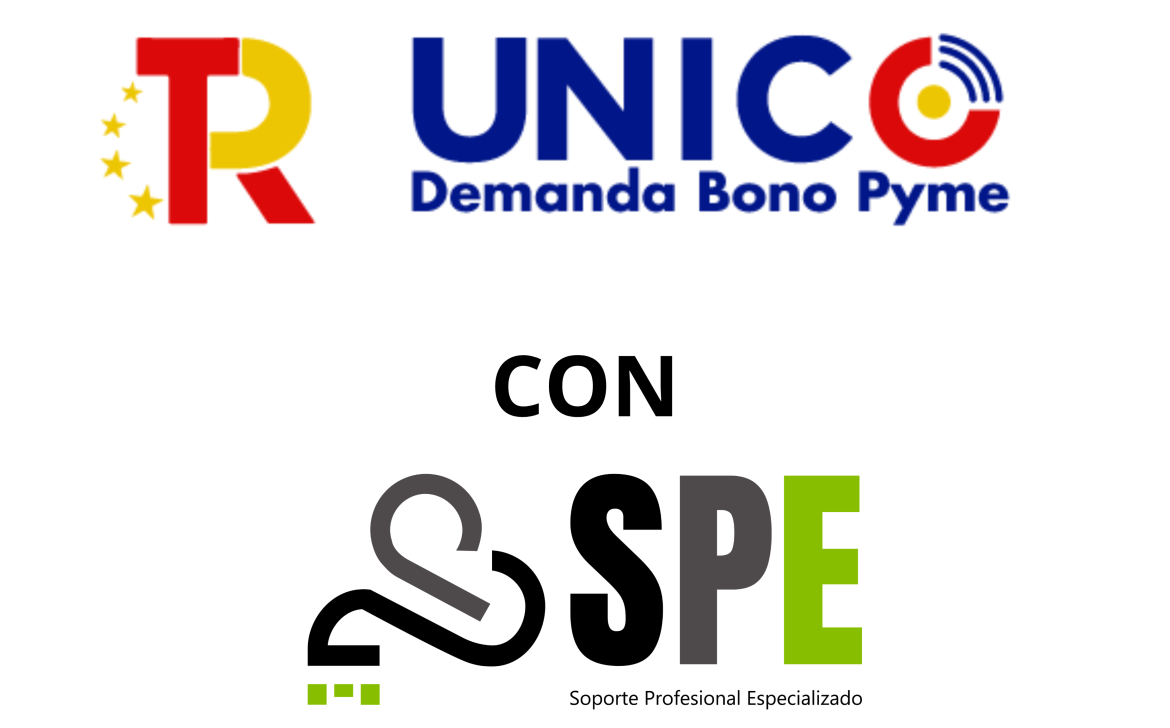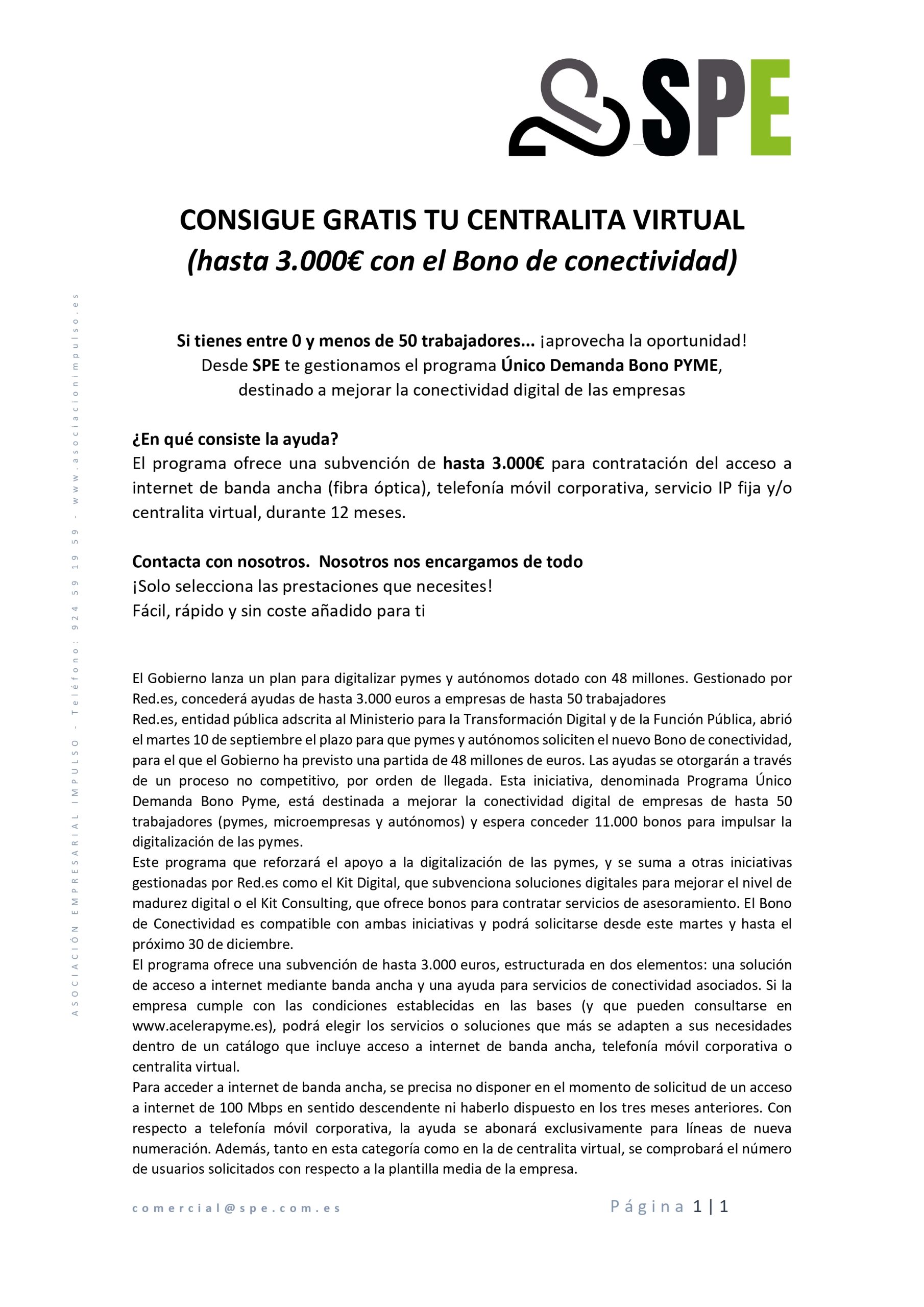Report on the Digitalisation of Small and Micro Tourism Enterprises in Spain

In the context of the digital transformation taking place in the tourism sector, a new report produced by SEGITTUR reveals the current state of digitalisation among small and micro tourism enterprises in Spain. This study highlights not only the progress made but also the challenges faced by these essential businesses for the local economy. As tourism is redefined in the digital age, the ability to adapt and implement new technologies becomes a key factor for survival and growth. The report provides a comprehensive overview that serves as a guide for entrepreneurs and authorities in the sector, emphasising the importance of embracing digitalisation to make the most of the opportunities presented by the new tourism landscape.












